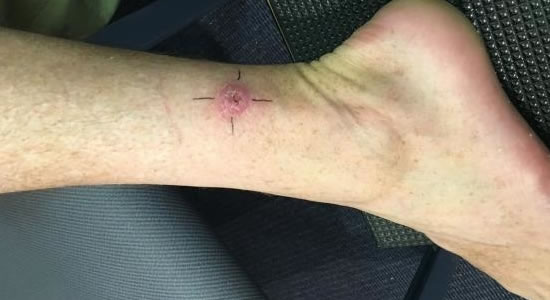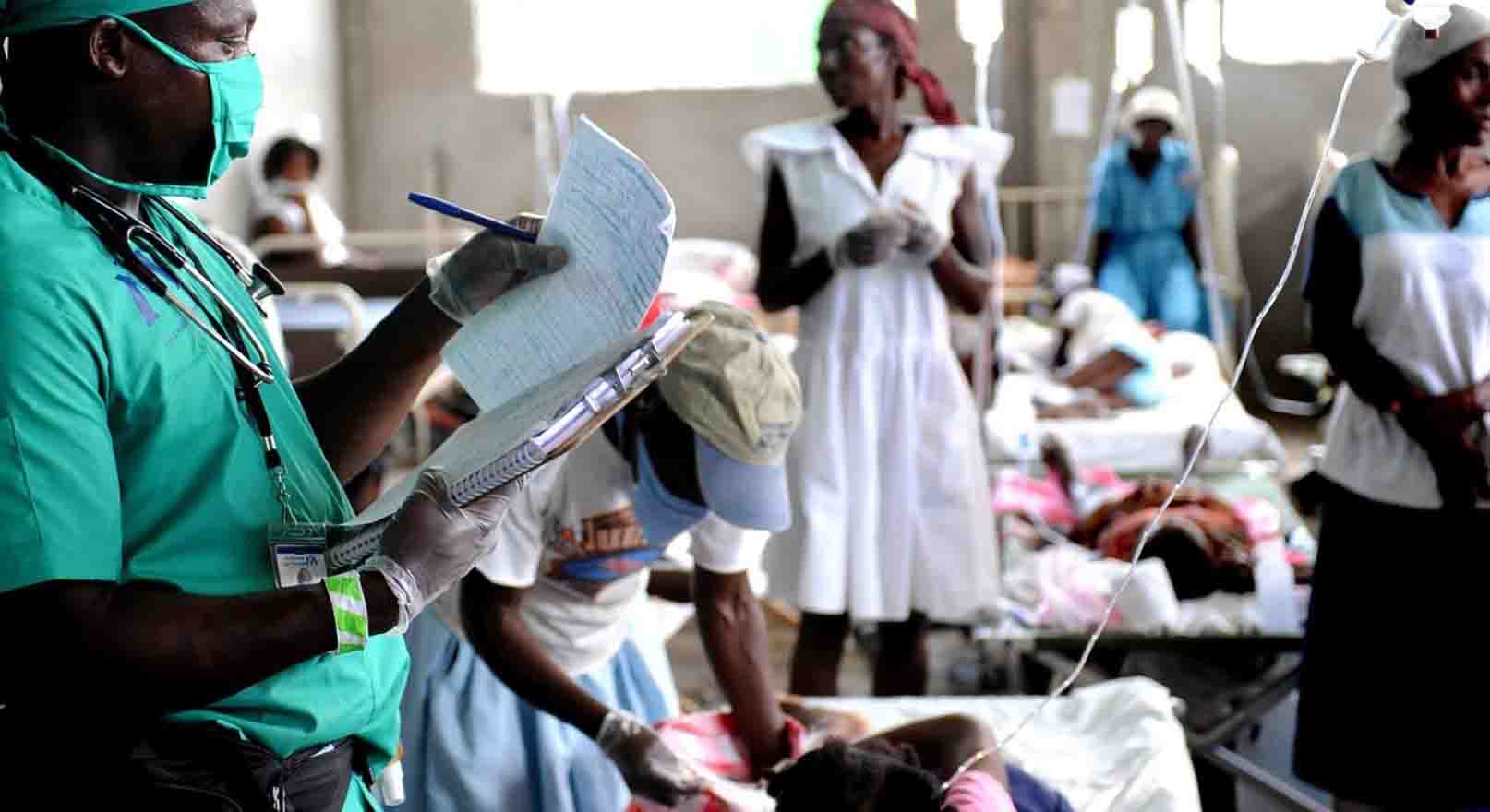Flesh-Eating Ulcer 'Epidemic' Hit Australia
Doctors in Australia have called for urgent research into why a flesh-eating ulcer has become a "worsening epidemic" in the state of Victoria.
Local cases of Buruli ulcer, a skin disease most commonly found in Africa, have surged by 400% in the last four years, experts say.
Infections have also become more severe and spread to new areas.












